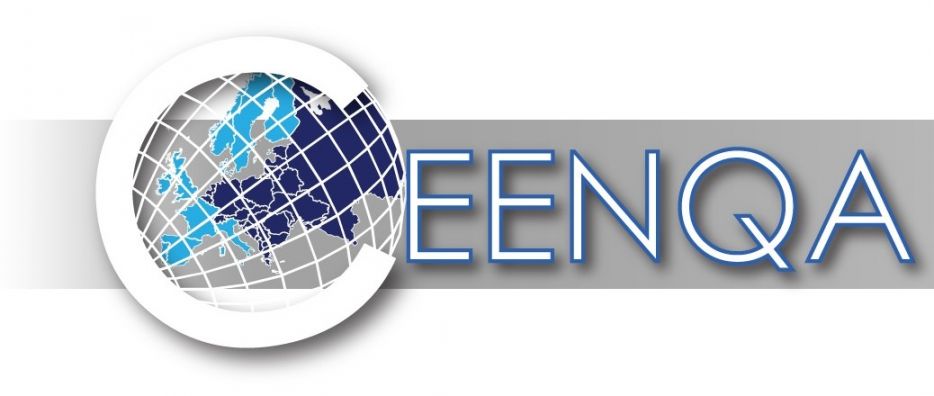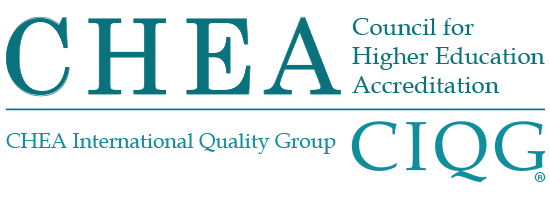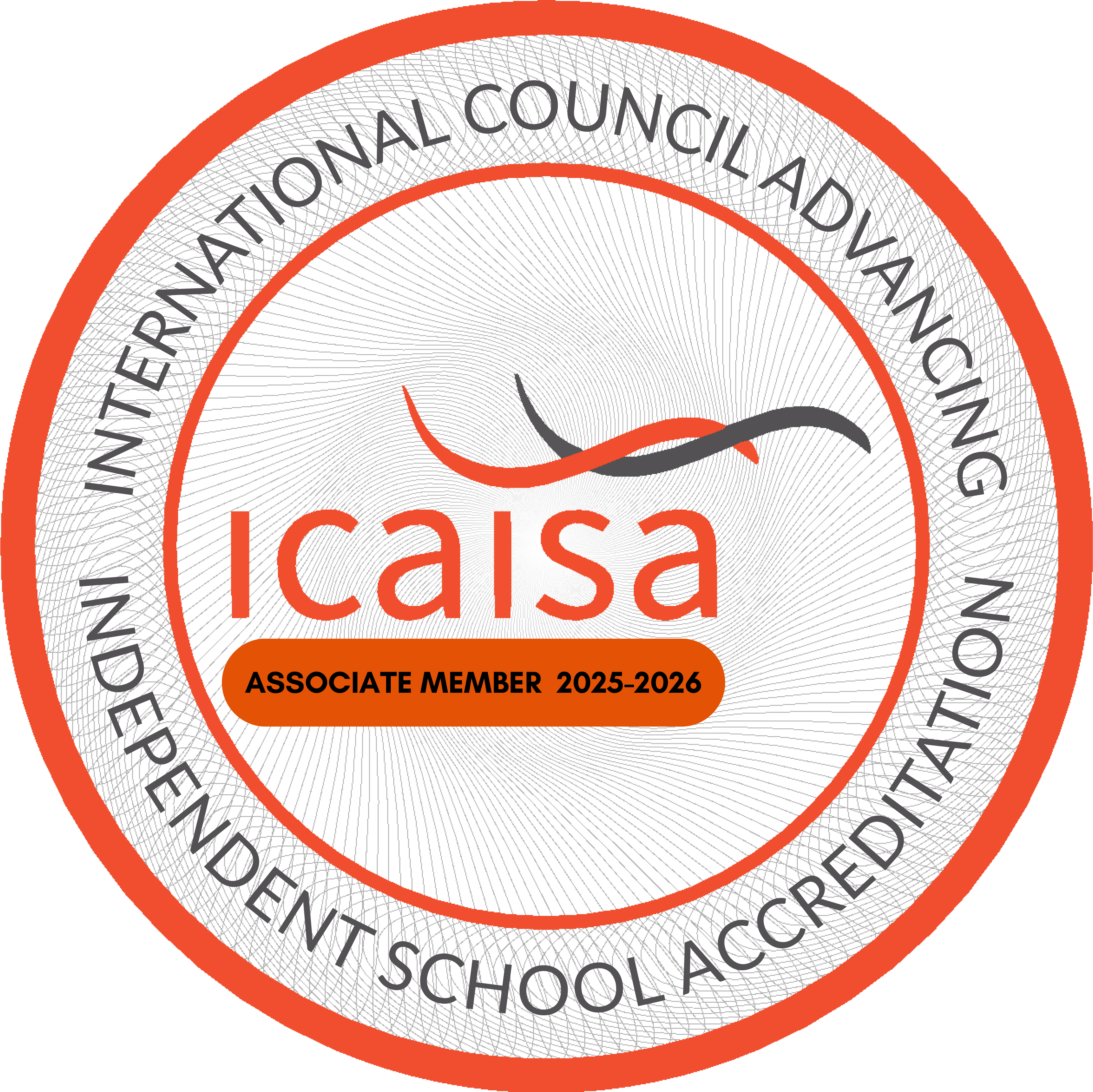THE BOLOGNA PROCESS IN KAZAKHSTAN
In March 2010, Kazakhstan officially joined the Bologna Declaration and became the 47th member of the European Higher Education Area and the first Central Asian state to be recognized as a full member of the European Educational Area.
After joining the Bologna Process, Kazakhstan's higher education system has undergone major changes:
1. Kazakhstan's universities have joined the Great Charter of Universities, which is currently signed by more than 650 universities around the world, which will bring domestic education closer to European standards. More than 60 Kazakh universities have signed the Magna Carta.
2. The transition to a three-level model of training specialists: bachelor-master-Doctor Ph.D., based on the principles of the Bologna Declaration.
According to the National Report on the State and Development of the Education System of the Republic of Kazakhstan (based on the results of 2014), undergraduates are trained in 118 universities of the country, where 32,527 people study, of which 16,220 studies at the expense of the state order. The graduation rate of undergraduates with defense is 92%.
In 16 universities, Ph.D. doctors are being trained in partnership with leading foreign universities. The number of doctoral students in 2014 was 2,063.
3. Advanced technologies and training systems have been introduced into the educational process of higher education institutions: all higher education institutions have implemented credit technology of training, 38 have implemented double-degree education, and 42 have implemented distance learning. Modular educational programs and syllabuses are being developed in accordance with the Dublin Descriptors; a National Qualifications Framework has been created.
4. The ECTS (European Credit Transfer System) has been adopted as the basis for the transfer of credits in the course of academic mobility of students, and the new ECTS Guidelines (approved at the Yerevan Conference of Ministers of Education of European Countries on May 14-15, 2015) are being implemented.
5. The Ministry of Education and Science of the Republic of Kazakhstan allocates funds for academic mobility of teaching staff and students, and universities themselves allocate funds for academic mobility.
According to the official data of the Center for the Bologna Process and Academic Mobility, in 2014, 1726 foreign scientists were invited by 52 universities (2013 – 1533 people, 2012-1 349 people, 2011-1717 people, 2010-418 people, 2009-389 people).
785 scientists were invited from Europe, 85 scientists from East Asia, 32 scientists from Southeast Asia, 140 scientists from the United States, 498 scientists from the Russian Federation, 28 scientists from the Republic of Belarus, and 158 scientists from other countries. The invitation of foreign teachers and consultants is carried out within the framework of the state order and at the expense of extra-budgetary funds of universities.
In total, 6927 foreign scientists and consultants were invited from 2009 to 2014.
In order to develop academic mobility, in 2014, 805 students were sent to study abroad for at least 1 semester, of which 740 people went to Europe, 52 to the United States, 12 to East Asia, and 1 to the Russian Federation. 616 bachelor's and 189 master's students have trained abroad at the expense of the state budget in 2014.
In general, during the implementation of the academic mobility program since 2011, 1,520 undergraduate students and 1,043 undergraduates have completed their studies abroad in various specialties.
6. In order to promote European cooperation in quality assurance in order to develop comparable criteria and methodologies, the Ministry of Education and Science of the Republic of Kazakhstan has created a National Register of Accreditation Agencies, which, together with the Independent Agency for Quality Assurance in Education (IQAA), includes one more national and 8 foreign agencies. In the period from 2009 to 2015, NAOKO conducted institutional accreditation of 50 universities and more than 1,100 programs, attracted 153 foreign experts from 25 countries, about 1,100 national experts, including 190 students and more than 200 employers. The Agency is working on the harmonization of accreditation standards with standards and guidelines for ensuring the quality of higher education in the European Higher Education Area.
In general, according to the National Report, in 2014, 66 universities (57%) out of 115 civil ones passed the national institutional accreditation.
22 Kazakhstani universities (19%) have passed international specialized accreditation in 139 specialties of higher and postgraduate education.
In accordance with the standards of institutional and program accreditation, intra-university systems for ensuring the quality of education are being implemented and students and employers are being involved in external evaluation of the activities of universities, and a broad base of experts from among employers and students is being created.


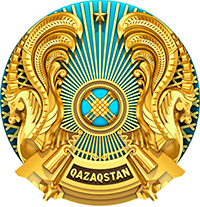



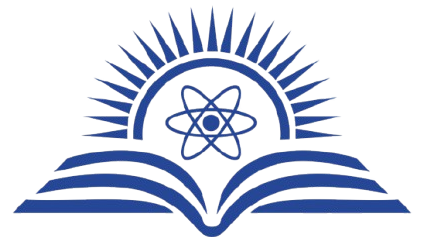 Ministry of Science, Higher Education and Innovation of the Kyrgyz Republic
Ministry of Science, Higher Education and Innovation of the Kyrgyz Republic


